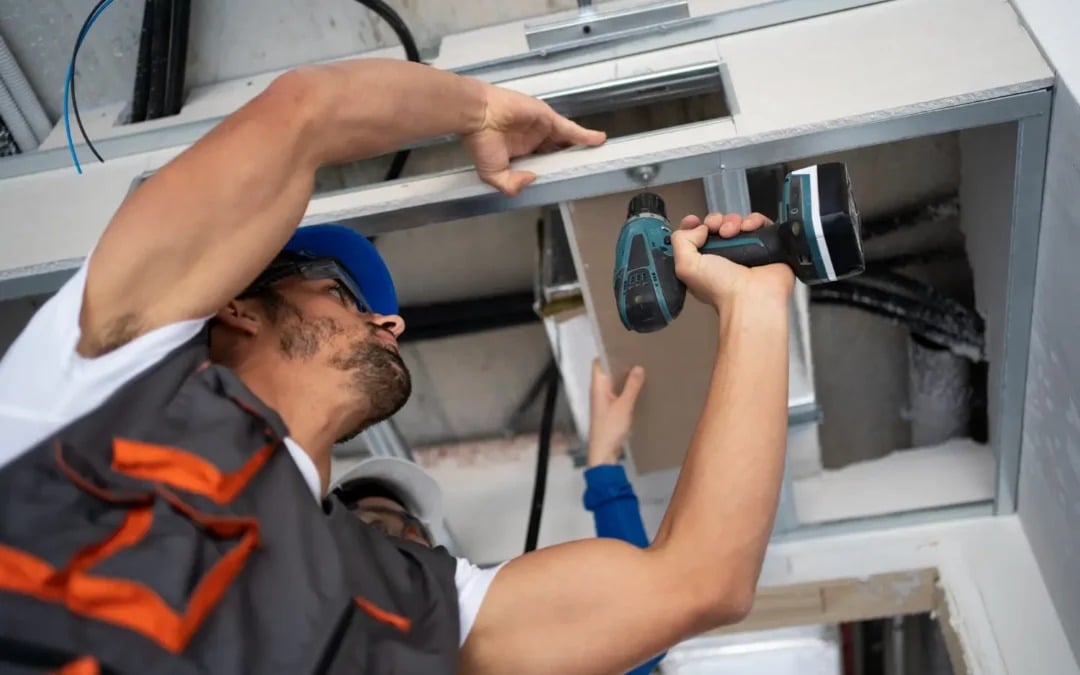Introduction
Air conditioning—once a luxury, now a necessity for many. In scorching summer months, it’s hard to imagine living without the cool breeze that an AC unit provides. However, amidst the convenience it offers lies an often overlooked aspect: its environmental impact. From energy consumption to greenhouse gas emissions, air conditioning systems play a significant role in climate change. In this article, we’ll delve into “The Environmental Impact of Air Conditioning and How to Mitigate It.” We will explore the various facets of this issue and present actionable strategies to minimize its effects.
Understanding Air Conditioning Systems
What is Air Conditioning?
Air conditioning refers to the process of cooling, heating, and ventilating indoor spaces. Most modern systems utilize refrigerants that absorb heat from inside a building and release it outdoors. While effective, this mechanism has several environmental consequences.
Types of Air Conditioning Systems
Central Air Conditioning- This system cools multiple rooms through ducts.
- These have one outdoor unit and one or more indoor units.
- Easily movable devices designed for single-room cooling.
- Installed in windows, these are common in apartments.
Each type has its pros and cons regarding energy efficiency and environmental impact.

The Energy Consumption Dilemma
How Much Energy Does Air Conditioning Use?
Air conditioning accounts for about 6% of all electricity use in the United States alone! According to the U.S. Department of Energy, the average household spends roughly $300 annually on air conditioning.
Energy Sources for AC Systems
Most air conditioners run on electricity generated from fossil fuels like coal or natural gas, contributing significantly to carbon emissions.
Comparative Analysis: Traditional vs. Energy-Efficient Models
| Type | Average SEER Rating | Annual Energy Consumption (kWh) | |--------------------|---------------------|----------------------------------| | Traditional Model | 10-13 | 3,500 | | Energy-Efficient Model | 16-25 | 2,000 |
The table highlights how energy-efficient models can substantially reduce electricity usage.

Greenhouse Gas Emissions from AC Units
Refrigerants: The Hidden Culprit
Did you know that many refrigerants used in air conditioning systems are potent greenhouse warrenmechanical.net gases? Hydrofluorocarbons (HFCs), commonly found in AC units, have a global warming potential thousands of times greater than CO2!
Lifecycle Emissions of Air Conditioning Systems
From manufacturing to disposal, every stage contributes to greenhouse gas emissions:
- Manufacturing the unit Installation Operation Decommissioning
Each phase releases CO2 and other harmful gases into our atmosphere.
The Urban Heat Island Effect
How Does Air Conditioning Contribute?
Urban areas often experience higher temperatures than their rural counterparts—a phenomenon known as the Urban Heat Island effect. The increased use of air conditioners exacerbates this situation by releasing waste heat back into the environment.
Mitigating Urban Heat Islands Through Design Choices
Implementing green roofs or reflective surfaces can help alleviate heat retention in urban settings but require community effort and planning.
Health Impacts Related to AC Usage
Indoor Air Quality Concerns
While air conditioning improves comfort levels indoors, it can also trap pollutants if not properly maintained. Dust mites, mold spores, and bacteria can proliferate within dirty filters.
Effects on Human Health
Poor indoor air quality can lead to respiratory issues such as asthma or allergies—especially among vulnerable populations like children and seniors.
AC Repair Services: A Key Component in Mitigation Strategies
Regular maintenance is crucial for ensuring efficient operation:
Replace filters regularly. Schedule annual inspections. Seek professional assistance with local providers like Warren Mechanical HVAC for repairs or upgrades.Alternative Cooling Solutions
Passive Cooling Techniques
Passive cooling techniques involve architectural designs that reduce heat gain:
Orientation Natural ventilation Thermal massThese strategies can significantly lessen reliance on mechanical cooling solutions.
Smart Thermostats: A Technological Approach
Smart thermostats help optimize your AC’s performance by learning your habits and adjusting temperatures accordingly—leading to less energy consumption!
Renewable Energy Solutions
Solar-Powered AC Units
Utilizing solar panels can offset energy consumption from traditional sources while providing clean energy for your air conditioner!
Incentives for Renewable Installations
State programs often offer tax incentives or rebates for installing renewable energy sources—making it more accessible than ever!
Behavioral Changes That Make a Difference
Adjusting Temperature Settings
Setting your thermostat just a few degrees higher can lead to substantial savings in energy costs without sacrificing comfort too much!
Using Fans Wisely
Ceiling fans can circulate cooled air more efficiently; running them alongside your AC allows you to increase your thermostat setting without losing comfort!
FAQ Section
What are some eco-friendly alternatives to traditional air conditioning?
You could consider evaporative coolers or portable air conditioners that utilize less electricity! Additionally, passive design techniques can greatly reduce reliance on mechanical systems.
Why should I prioritize regular HVAC repair services?
Regular maintenance ensures optimal performance and efficiency while minimizing environmental impact! You might save money on energy bills over time too!
What is SEER rating?
SEER stands for Seasonal Energy Efficiency Ratio; it's a measure of how efficiently an AC unit operates over an entire season—higher ratings indicate better efficiency!
Are there financial incentives for switching to energy-efficient systems?
Absolutely! Many states offer rebates or tax credits when you upgrade to high-efficiency models; check local guidelines for details!
How does poor indoor air quality relate to AC use?
Dirty filters can trap allergens; neglecting maintenance leads not only to higher energy costs but also poorer health outcomes due to compromised indoor air quality!
Can landscaping help mitigate my home’s cooling needs?
Yes! Strategic planting around your home can provide shade during hot months while reducing heat absorption by structures nearby.
Conclusion
“The Environmental Impact of Air Conditioning and How to Mitigate It.” is multifaceted and requires collective action—from individuals opting for efficient units to communities implementing sustainable designs. By understanding the challenges posed by traditional cooling methods and embracing innovative solutions like smart technology or renewable energy sources, we all contribute towards a more sustainable future! Don't hesitate; consider local experts such as HVAC companies in Paige TX or Warren Mechanical HVAC when seeking repair services or guidance on making eco-friendly choices today!